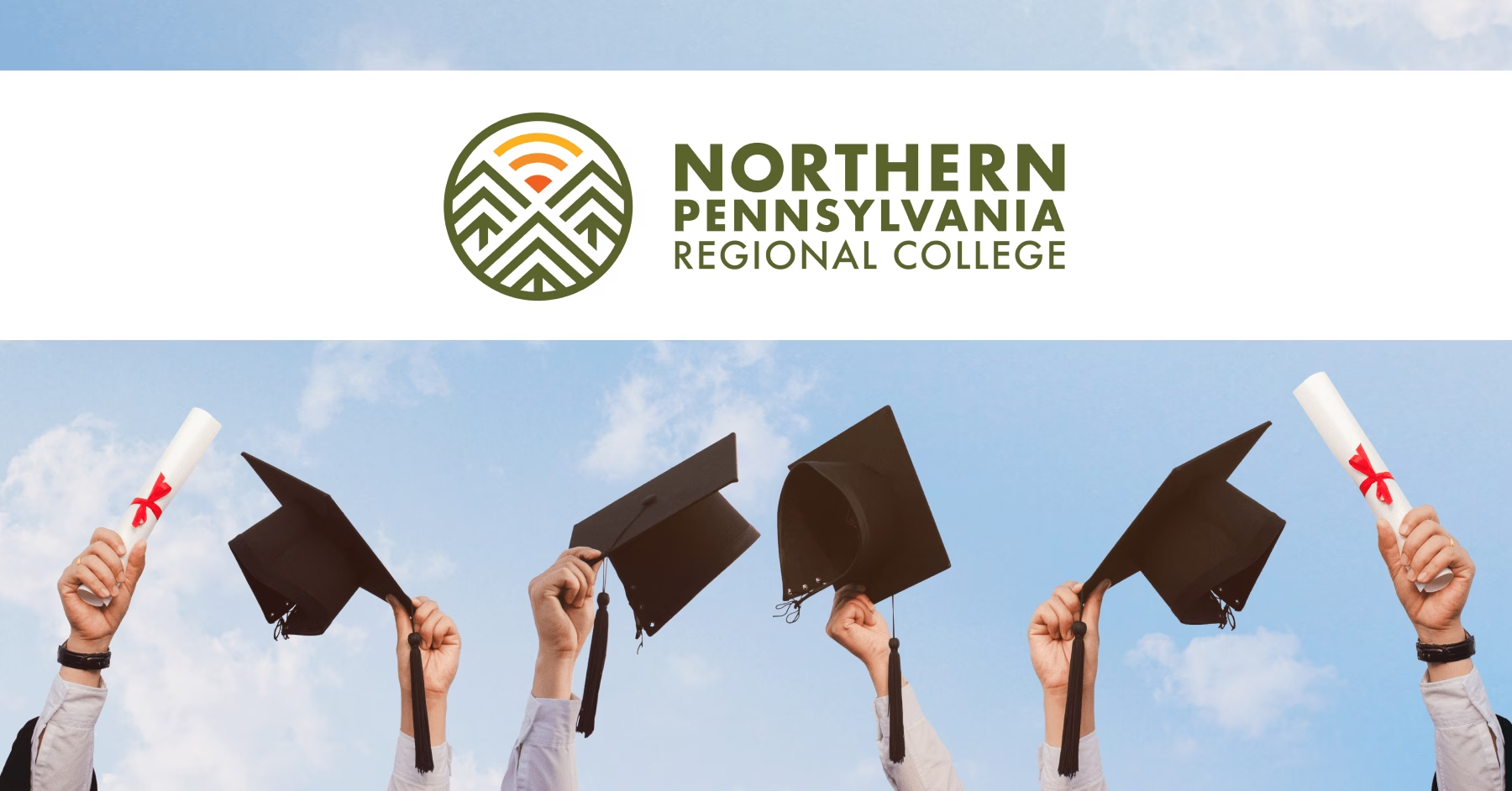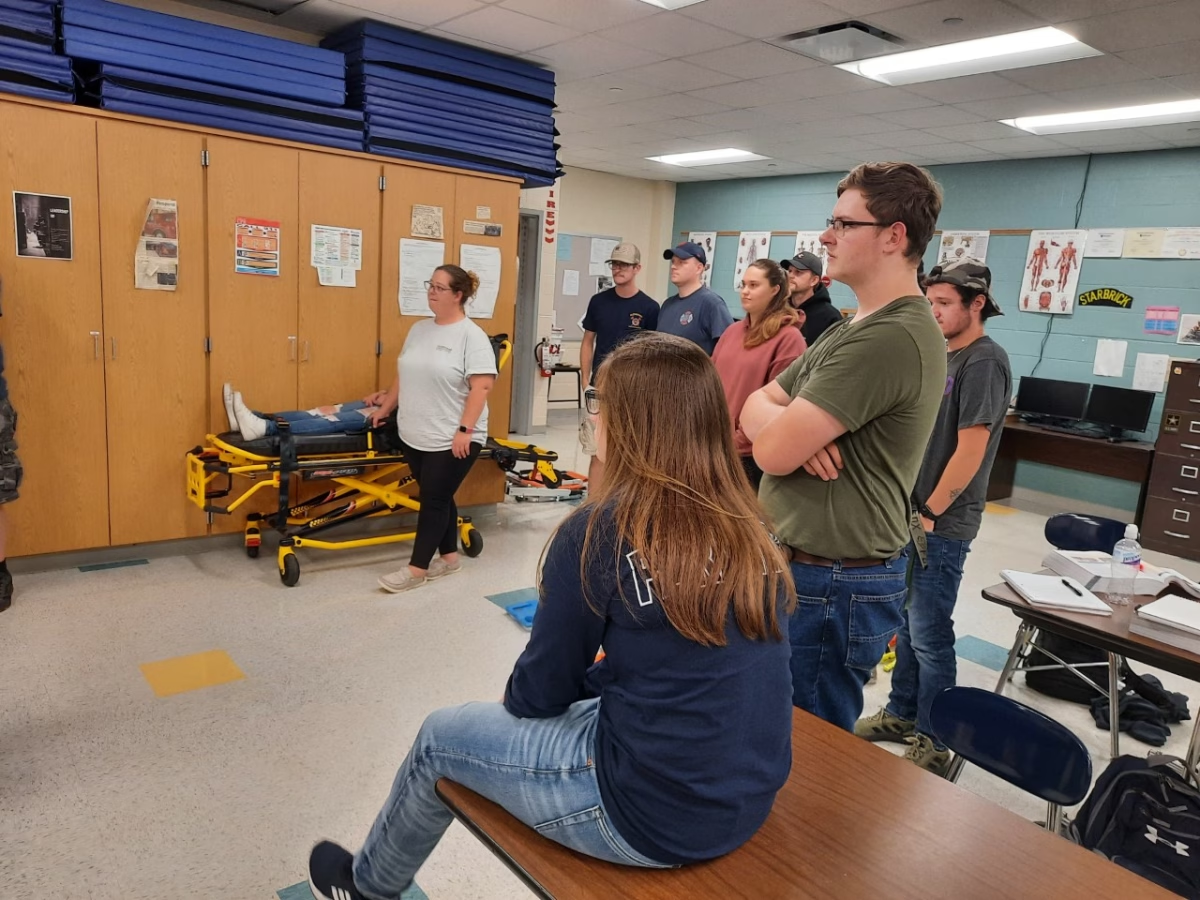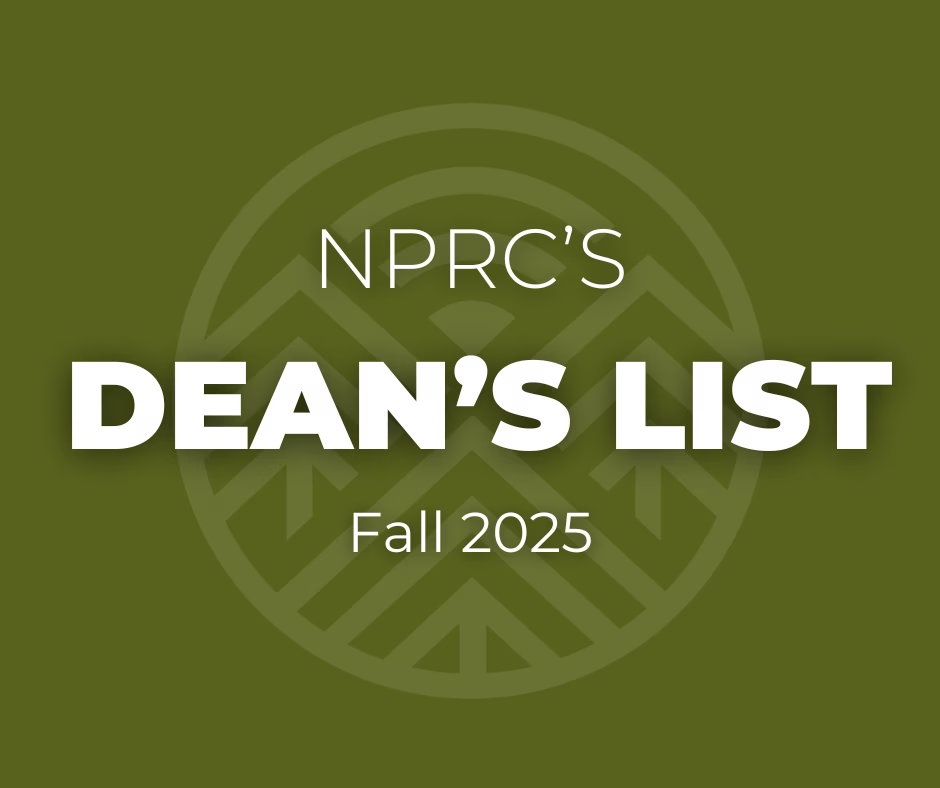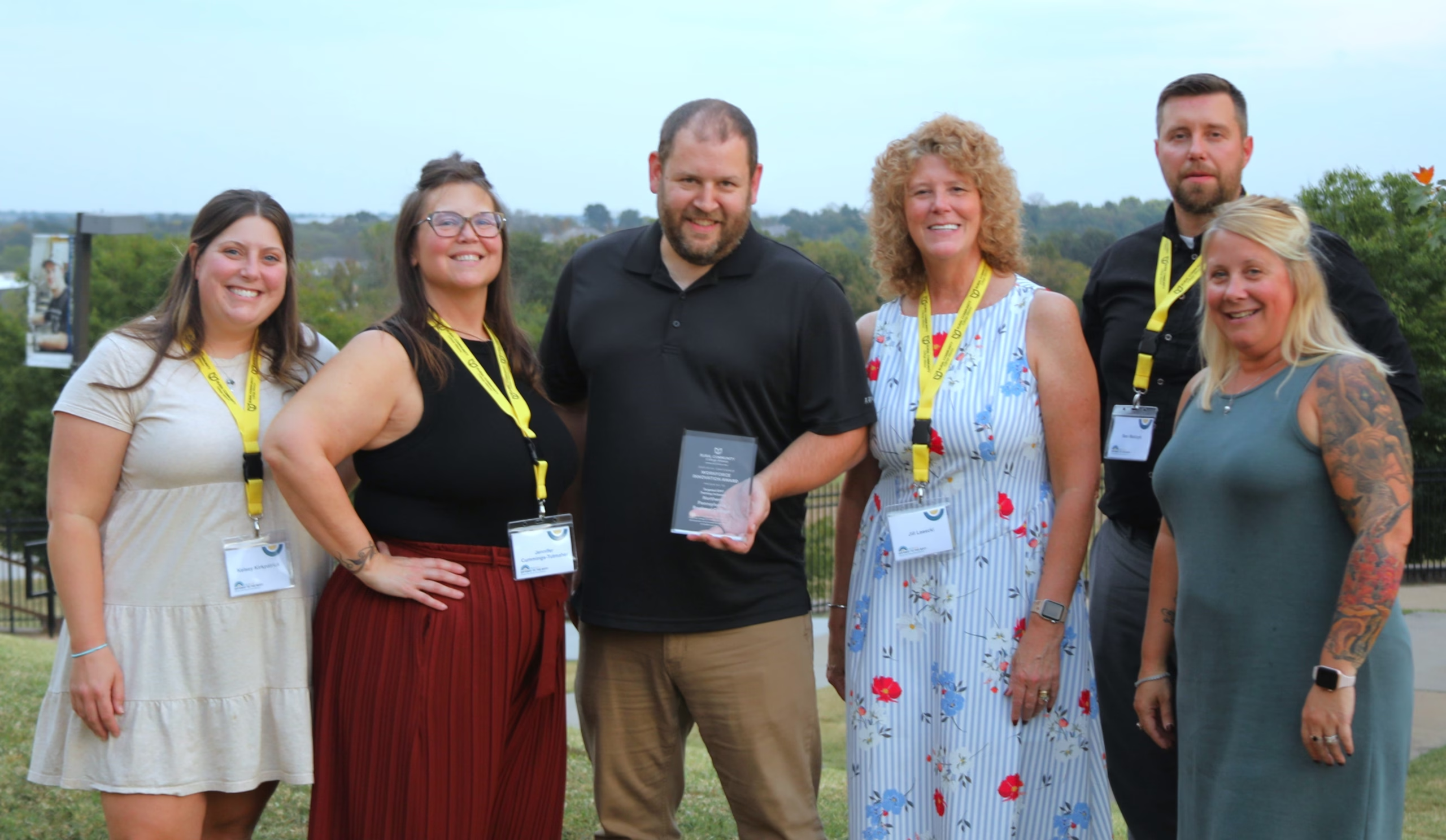Financial Aid Funding Resources
Where Affordable Opportunities are Endless

Making College Affordable
Paying for college doesn’t have to feel overwhelming. At Northern Pennsylvania Regional College, we’re committed to helping you explore every option available to make your education affordable. Financial aid can come from many sources including grants, scholarships, loans, and other funding programs. Our team will guide you through the process step by step.
On this page, you’ll find details about the different types of funding resources available to NPRC students, along with important eligibility requirements and application steps. We encourage you to review each option carefully and reach out to the Financial Aid Office with any questions.
Jump to Resource Type
Grant Resources
Loans
The Federal Direct Student Loan Program provides low-interest loans to post-secondary students and their parents. The William D. Ford Federal Direct Student Loan Program is issued and managed by the U.S. Department of Education.

Responsible Borrowing
Are you thinking about taking out a federal student loan to help pay for college or career school? Check out this video to learn about your responsibilities as a borrower and what you should consider when taking out loans for college.
Other Ways to Pay
Financial Aid Disbursements
Financial Aid does an initial disbursement of Federal, State and Third-Party Programs four weeks into the beginning of the term. Disbursements continue weekly throughout the semester as students become eligible. Eligible courses must be eight weeks in length or a combination within the term. For eight week courses meeting in the second half of the semester, aid will not be disbursed until a week after the schedule adjustment period has ended.
See What Our Students Have to Say

“It was a wonderful experience here at NPRC. I learned so much and my instructor was amazing. He was knowledgeable and made sure that everything we need is uploaded online and communicates well with us. He also held us accountable to make sure we were learning and ready. I enjoyed working alongside my amazing classmates and all the different experiences they brought to the course. Everyone in our class was eager to learn and was proactive about staying up to date on what is being asked of us.”
- Marie, NPRC EMT Graduate
“Attending NPRC was truly life-changing for me and provided a foundation to pursue my passion for early childhood education. I gained the knowledge and skills needed to excel in this field. But it was bigger than just academics; my professors taught me valuable life lessons and instilled important values that have shaped who I am today. Overall, my college journey has not only prepared me for a successful career but has also equipped me with the mindset and tools to make a positive impact on the lives of young children.”
- Brittany, Early Childhood Education Graduate
“I had a fear that this degree would be unobtainable due to being a full-time employee and mother. With the support of family, friends, coworkers, and NPRC, I’ve gained confidence and support to continue my education.”
- Brittney, NPRC Student
“From the first time I found out about NPRC, I knew attending college was something I wanted to pursue because of how genuine the first interaction was. I’m proof that finding the right path can be done. It’s worth it to find ways out of situations you do not want to be in for better ones. I can’t say enough about how NPRC’s employees have empowered and advocated for me.”
- Amanda, NPRC Student
"NPRC’s faculty, staff, and professors do everything they can to see the students succeed and provide us with exactly what we need to do our best both inside the classroom and out. The early childhood education program is phenomenal. It was a school that aided me in balancing class, schoolwork, and my career. From the start and throughout my time, NPRC made me feel like I was at the right place.”
- Savannah, Early Childhood Education Graduate






